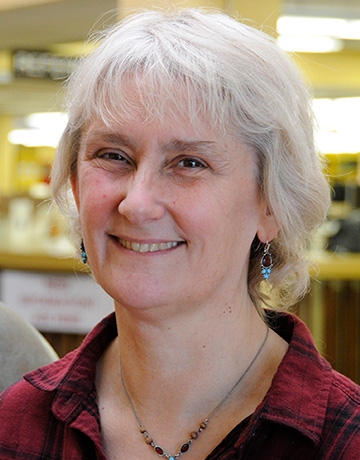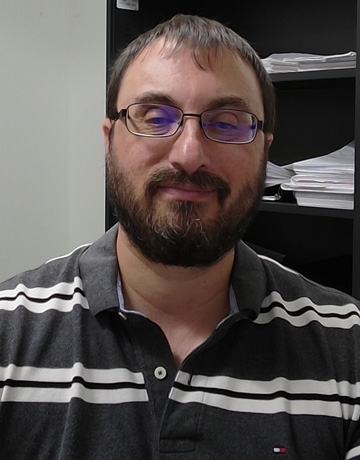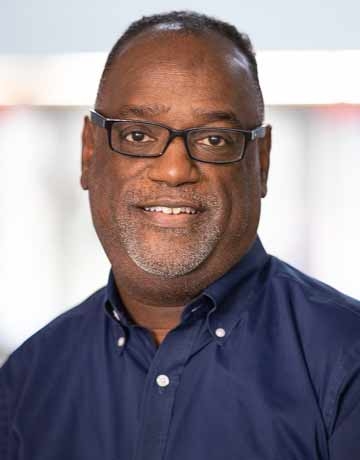Academic Committees
Made from a diversity of collegiate community members, academic committees guide and support institutional curricula, faculty scholarship and development, and the measures by which student achievements are evaluated.
Undergraduate Curriculum Committee

The Undergraduate Curriculum Committee is a committee of the Council of Rhode Island College. It is responsible for the approval and oversight of all aspects of the undergraduate curricula, including honors programs and general education. Implementation of Undergraduate Curriculum Committee decisions is subject to action by the Provost/Vice President for Academic Affairs and the President of the College.
The Committee initiates the study of new curricula or changes in curricula, and consider suggestions for curriculum development from the administration, divisions, departments, programs, individual faculty members, and students.
Graduate Curriculum Committee

The Graduate Curriculum Committee is a committee of faculty governance under RIC Council. The mission of the Graduate Committee is to oversee graduate curricula and programs, and to advance the interest of graduate programs and students at Rhode Island College. The Graduate Committee reviews and approvals proposals for new and revised curriculum and for policies related to graduate studies.
Committee on General Education
The Committee on General Education (Suchandra Basu, chair) is responsible for the approval and oversight of all aspects of the General Education Program, which is designed to provide students in all academic majors and professional programs with the knowledge and skills of a college-educated citizen. General Education approaches eleven learning outcomes through three core courses, seven distribution areas, a second language requirement, and writing in each of the disciplines.
In the first year, First-Year Writing provides a starting point for writing at all levels throughout the curriculum. Also in the first year, students choose from a large selection of intriguing topics with which to hone their skills in First-Year Seminar. Connections courses, taken later in one’s program, again use a topical approach to strengthen academic skills. Writing in each discipline purposefully and explicitly develops student writing appropriate to the style and context of the individual discipline.
Committee for Faculty Scholarship and Development

The Committee for Faculty Scholarship and Development (CFSD) supports faculty research and creative activity, professional development, and training through major grants up to $4,000 and mini-grants under $1,500. CFS&D also awards faculty reassigned time.
Committed to transparency, CFSD communicates the allocation process and announces the funding awards to the entire campus community.
Committee on Assessing Student Outcomes
The Committee on Assessing Student Outcomes (CASO) identifies and evaluates the measures used to assess achievement of college-wide learning goals, which are derived from General Education’s Learning Outcomes statement, the College Mission and Vision, and the College Strategic Plan. CASO, which reports to the Provost, oversees assessment of curricular learning outcomes, while assessment of co-curricular outcomes falls under the purview of the Vice President for Student Success.
Program Specific Assessments
Each academic program has its own assessment plan, on which it reports annually to the College’s assessment coordinator. Assessment of General Education learning outcomes is a coordinated effort between the Committee on General Education (COGE) and CASO.

For More Information
Office of the Provost and Vice President for Academic Affairs
The Provost and Vice President for Academic Affairs is the chief academic officer at Rhode Island College.
- emailvpaa@ric.edu
- phone401-456-8003
- placeRoberts Hall
